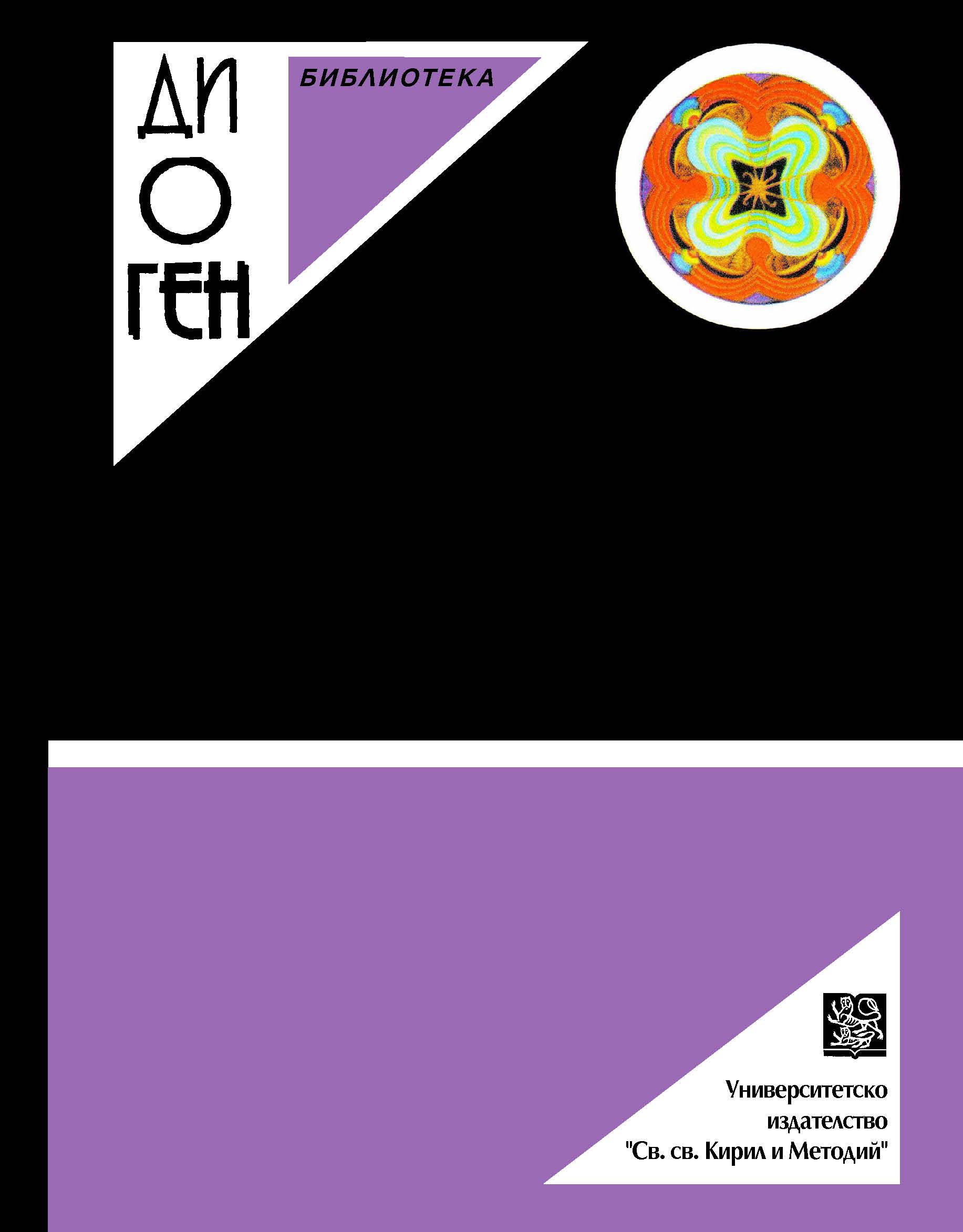Психичното благополучие – връзки и взаимоотношения с удовлетвореността от работата и живота
Mental well-being – links and relationships with job and life satisfaction
Author(s): Ilonka KovachevaSubject(s): Anthropology, Social Sciences, Culture and social structure , Individual Psychology, Social psychology and group interaction, Experimental Pschology, Neuropsychology, Behaviorism, Psychoanalysis, Social Theory
Published by: Великотърновски университет „Св. св. Кирил и Методий”
Keywords: mental health; well-being; job satisfaction; life satisfaction; subjective happiness
Summary/Abstract: Mental health is defined as a state of being in which individuals are aware of their skills, are able to cope with normal stress in life, their labor isproductive and they contribute to the welfare of the community. Dependencies between personal status - age, sex, marital status, number of children, income level and their job satisfaction, life satisfaction, subjective happiness and well-being are explored. The results showed that gender has extremely weak influence on job satisfaction. No dependence has been detected between the marital status and the explored parameters of the respondents. A connection between the satisfaction index and the number of children in the family was discovered. The highest values of positive relationships, life goals, sense of independence and job satisfaction belong to people with three children; those with two children have lower values and persons with one child or no children have the lowest and very similar values. It was found that the degree of job satisfaction does not affect mental well-being. Respondents generally appreciate life in a positive light and have a high result on the scale of mental well-being. A conclusion is made that the cognitive component of life satisfaction and the affective component happiness and subjective well-being are determined by different conditions.
Journal: Диоген
- Issue Year: 24/2016
- Issue No: 1
- Page Range: 191-218
- Page Count: 28
- Language: Bulgarian

